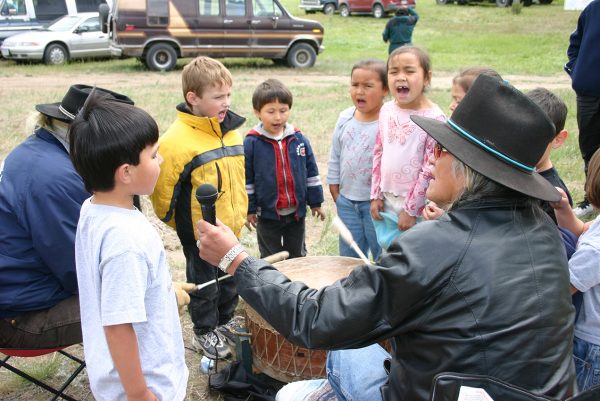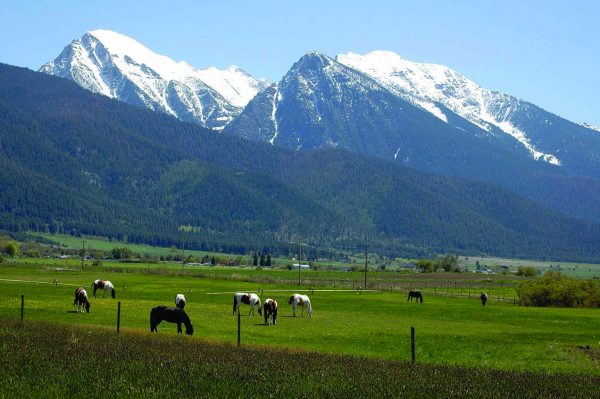
Education
Many Indian land tenure issues stem from widespread lack of knowledge about the history, cultural significance and legal status of Indian lands. To make lasting, positive change, education about Indian land tenure must reach all generations of Indian and non-Indian people, from young children attending school to adults seeking to better understand an accurate history of Indian-United States relations. The Foundation’s education focus primarily concerns land history and tenure through the Lessons of Our Land Curriculum, and professional development for K-12 teachers using the curriculum.
Learn More
Cultural Awareness
Revitalizing cultural and spiritual values related to Indian land strengthens Indian nations and people. Land is a critical base for spiritual practices, beliefs, and worship, and can be a keeper of memories, a portal to the spirit world, or a place to go for guidance and strength. Land also supports cultural practices such as hunting, fishing, farming and harvesting wild foods. Maintaining strong cultural and spiritual ties to the land is necessary for preserving traditional practices and Native religious beliefs for future generations. In this way, ILTF supports activities aimed at enhancing and maintaining cultural ties to the land.
Learn More

Economic Opportunity
Indian Country has seen funding sources come and go over the past 100 years with largely unsuccessful efforts to reduce poverty and prevent further loss of Indian land. Despite popular belief, only a small number of Indian nations and Indian people have benefited substantially from casino revenues. The Foundation supports effective tools and provides resources that improve Indian use and control of reservation lands for the long-term benefit of their community. Projects help tribal communities prioritize land acquisition; understand and create opportunities for the productive use of Indian land; and develop mechanisms to expand direct owner management of their land.
Learn More
Legal Reform
Some of the most crippling systemic barriers to Indian land use and control – fractionated ownership, checkerboarding, abuse of the federal trust relationship – are due to complex and unjust regulations, court rulings and laws involving Indian land. Some of the most shortsighted, racist and damaging federal Indian policies, such as the policy of allotment, were devised in the 1800s when most people believed that Native Americans would either disappear or assimilate into American society. Many of these policies, and their devastating effects on Indian people, remain today.
Learn More